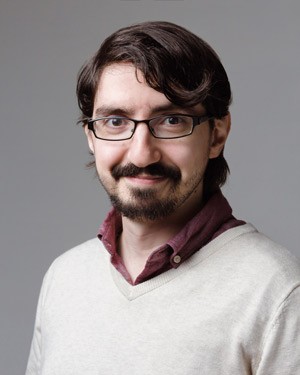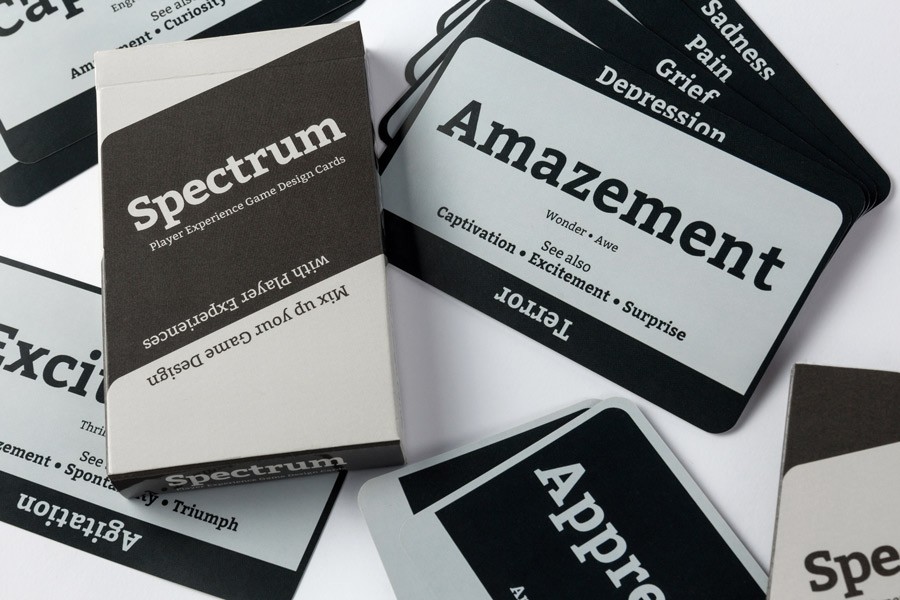By Jean-Luc Portelli
 Games are everywhere. The gaming industry is one of the largest and most varied, enjoyed by a massive range of people with differing needs and tastes. Because of this, player experience—the field of study focused on interactions between games and their players—is extremely important.
Games are everywhere. The gaming industry is one of the largest and most varied, enjoyed by a massive range of people with differing needs and tastes. Because of this, player experience—the field of study focused on interactions between games and their players—is extremely important.
Whenever we play games, our experience of it either keeps us playing or drives us away. It is an unavoidable and intrinsic part of game design. Some games are designed to produce specific experiences, whether it is socialising through party games or being terrified by horror games. However, despite the importance this element of game design commands, many textbooks lack the content that designers need to incorporate player experiences into their workflow.
Spectrum is a design tool for the creation and analysis of game ideas. It is made up of a set of 35 double-sided flashcards that feature a carefully selected number of positive and negative player experiences. The cards are used to prompt and inspire ideas with the included experiences.
As part of my research (supervised by Dr Rilla Khaled), I gave Spectrum to players and designers to use and gauged their reactions. Both parties had a hard time with the idea of using player experience to design and analyse games, and the experiments led to controversial discussions and responses from participants. Many players said the exercise was challenging, but also noted that it enriched their past gaming experiences. On the other hand, some designers questioned the tool’s practicality and the tangible value of player experience as a standalone game design methodology. The love-hate card, for example, saw both players and designers struggling to think of games that made them experience either love or hate. This limited its usefulness to our participants, and in any other situation they would have likely abandoned the idea outright.
Our experiments revealed a lack of awareness of player experience in practice, which is related to how abstract it is. Spectrum is just one step towards devising a more general methodology, but it is a step that provides flexibility through its minimalist approach towards player-experience-oriented game design. Though complex, we can make player experience accessible to designers and allow better use of it in future projects that will enthrall and engage audiences more than ever.
You can find out more about Spectrum and related work on my website: jeanlucportelli.com





Comments are closed for this article!